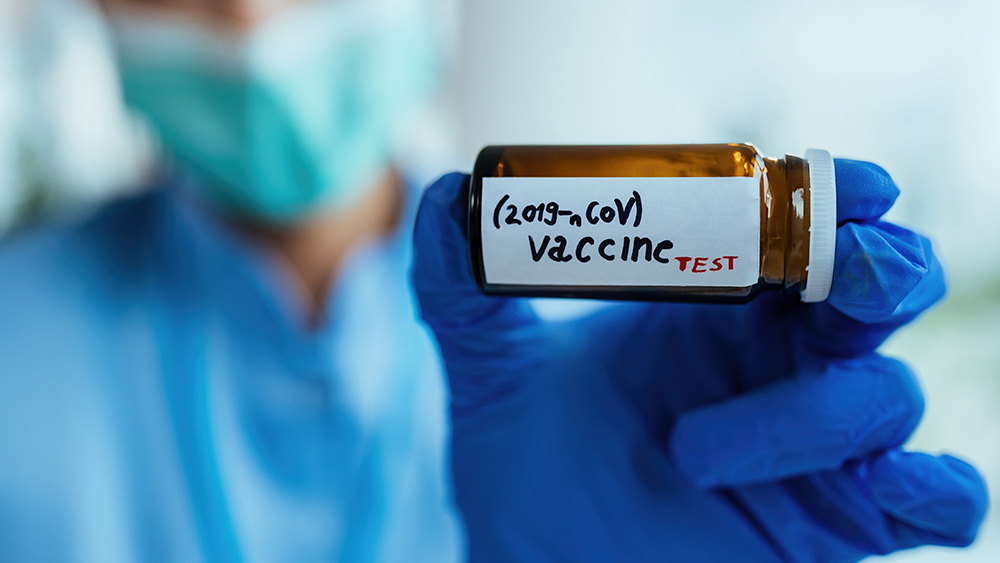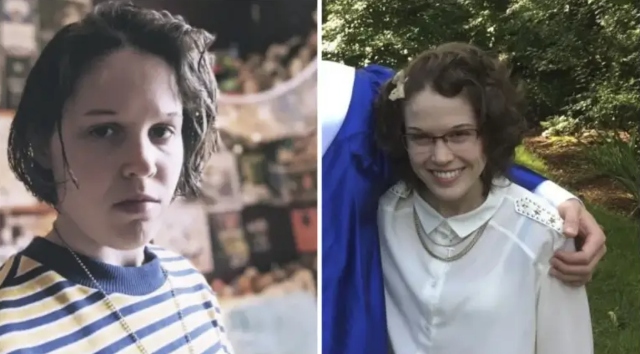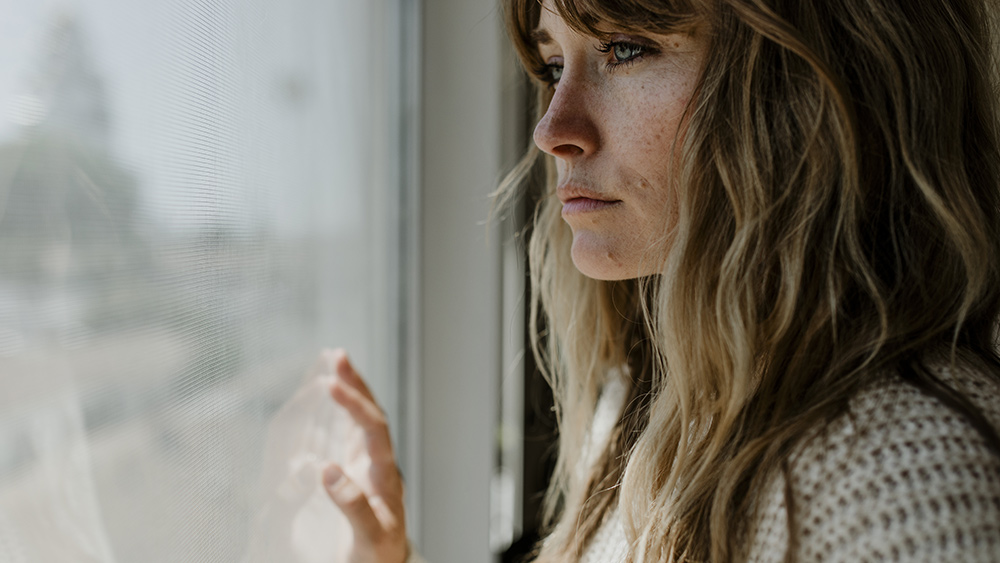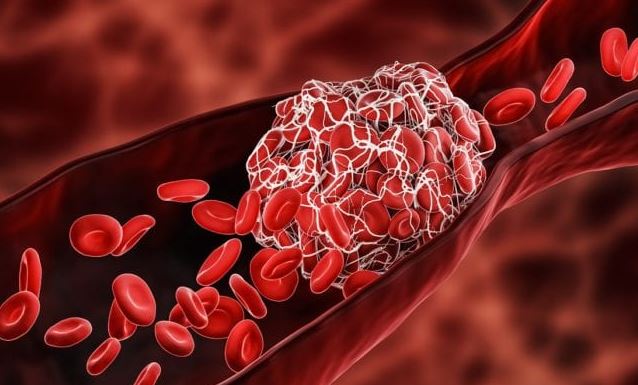
Is it safe for elderly people to get a Wuhan coronavirus (COVID-19) vaccine? Not according to Dr. Helen "Keipp" Talbot of Vanderbilt University, who was the lone "no" vote on a CDC advisory panel that ultimately decided to recommend the experimental jab for old folks.
Believe it or not, CNN recently gave Dr. Talbot a platform to express her concerns about the risks involved with giving COVID-19 vaccines to people who are frail and vulnerable. Since such folks have the highest risk of injury or death, is it really safe to jab them with something that could kill them?
Dr. Talbot is not so sure, and thus does not recommend that patients living in long-term care facilities especially get vaccinated, at least not until more is known about vaccine adverse effects.
"Odd woman out, I guess," Dr. Talbot is quoted as saying to her colleagues. "I still struggle with this. This was not an easy vote."
In the event that large numbers of long-term care residents suddenly start dying from the jab, public perception of its safety and effectiveness would be tarnished, she worries. So it is not that Dr. Talbot opposes the vaccine, per se, but rather that she does not want people to become scared of it if mass deaths occur.
For this reason, some are calling on healthier people to receive the shot first. If it appears as though the vaccines are safe and effective in people who are young and vibrant, then those who are old and frail will be more likely to join them in rolling up their sleeves.
For more related news about the Wuhan coronavirus (COVID-19), be sure to check out Pandemic.news.
COVID-19 vaccines have never been tested in the most at-risk old people
To be clear, neither CNN nor Dr. Talbot appear to be concerned about the actual safety of old people. What they care about is the optics of COVID-19 vaccination in terms of safety and effectiveness.
If non-elderly people see elderly people dying in droves from the jab, the non-elderly will be much less likely to get vaccinated, in other words.
"Since they haven't been studied in people in those populations, we don't know how well the vaccine will work for them," says Dr. Kelly Moore, associate director of the Immunization Action Coalition, a group that supports frontline workers who will be tasked with administering COVID-19 vaccines.
"We know that most vaccines don't work nearly as well in a frail elderly person as they would in someone who is fit and vigorous, even if they happen to be the same age."
Dr. Moore went on to admit that there is no way to truly know if COVID-19 vaccines will benefit the elderly in any way because those at the highest risk were not included in the test groups.
"There's a question about the direct benefit of the vaccine, if given to people who live in those facilities, because we haven't studied how well it works in that group yet."
So much for science. At the same time, anyone who dies following vaccination for COVID-19 probably died from something else, according to Dr. Moore, especially if they were already nearing the end of their lives.
"One of the things we want to make sure people understand is that they should not be unnecessarily alarmed if there are reports, once we start vaccinating, of someone or multiple people dying within a day or two of their vaccination who are residents of a long-term care facility," Dr. Moore contends.
"That would be something we would expect, as a normal occurrence, because people die frequently in nursing homes."
Sources for this article include:
Please contact us for more information.




















